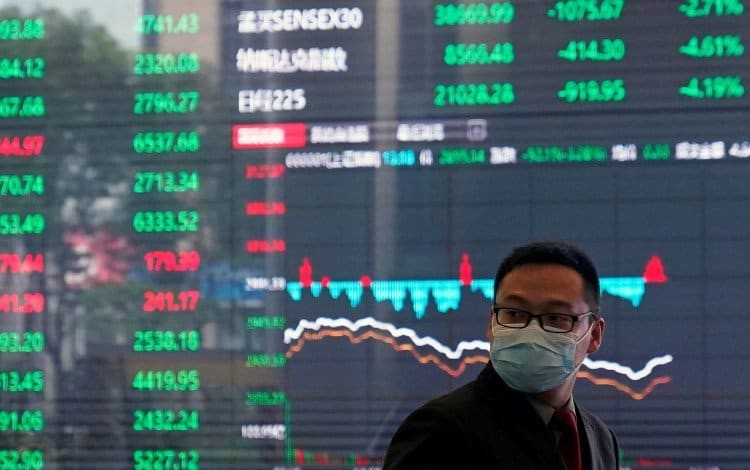
China tech stocks suffered their biggest single-day declines in years Monday as investors fled the world's second-largest economy following confirmation of an unprecedented third term as president for Xi Jinping.
General Secretary Xi, who emerged from last week's Communist Party congress with a firmer grip on power, and a Politburo Standing Committee stacked with loyalists, is expected to extend his government's crackdown on big tech companies, as well as their billionaire owners, as he tightens his grip on the broader Chinese economy.
China has a top government official team that is more concerted than before. This implies President Xi has even more say in policy direction," said ING's chief China economist Iris Pang. "We do not think there will be big policy changes because most, if not all, existing policy decisions has been agreed with Xi. This applies to potential changes in the central bank governor, banking regulator and economic adviser."
China's benchmark CSI 300 was marked 2.9% lower on the session, while the tech-heavy index in Shenzen ended the session 2.06% lower. The Hong Kong-based Hang Seng index, which trade smore fluidly and without limits on short-selling, slumped 6.36% while The Hang Seng China Enterprises Index, which tracks China-based shares, fell 7.3%.
U.S. listings for China-based stocks were also trading sharply lower Monday, with Alibaba Group Holding (BABAF) falling 16.72% to a year-to-date low of $60.12 each in pre-market trading, while JD.com (JD) fell 18.5% to $34.34 each. Baidu (BIDU) shares were down 17.65% to $75.13 each.
U.S. tech stocks were also trending lower, particularly those with that rely on China for a big portion of their revenues, including Apple (AAPL), which traded 0.6% lower at $146.41, Advanced Micro Devices (AMD) and Nivida (NVDA), which fell 3.4% and 3% respectively.
"Many of the large US companies have considerable revenue exposure to China, so there is a downside risk here to US companies as the increasing political risk premium on Chinese equities could impact valuation on US companies with large Chinse exposure," Saxo Bank strategists said in their daily market note.
.







